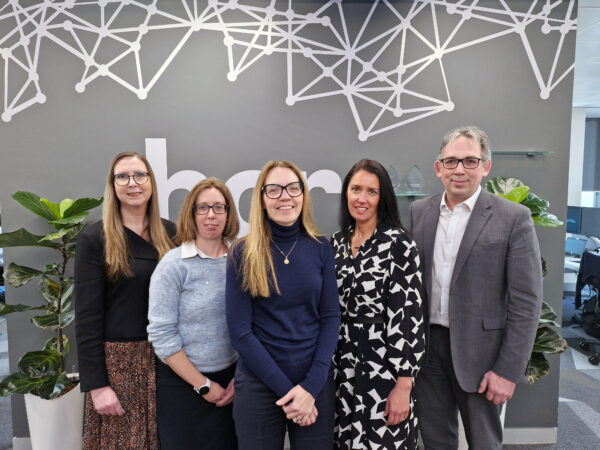
Pathfinder pilot puts children’s voices first in Herefordshire and Worcestershire
21 October 2025

What is Pathfinder?
Pathfinder is a pilot scheme governing private law applications for children made under Section 8 of the Children Act 1989. It’s due to be introduced in Herefordshire and Worcestershire in November 2025. The pilot scheme already exists in several areas across the country, including Dorset (since 2022), Wales, Bournemouth, Yorkshire and Birmingham and many more.
Anita Hennessey, Joint Head of Family in our Worcester office, is a solicitor advocate who has successfully represented many clients at decision hearings in areas already operating under the Pathfinder pilot. She is also a member of the local court implementation group for Pathfinder in Herefordshire and Worcestershire.
Why are things changing?
Pathfinder is part of a national pilot aimed at reducing the time children and their parents spend in litigation, with a focus on placing the child’s voice at the forefront of proceedings. The pilot scheme also seeks to improve the experience of all court users, including survivors of domestic abuse, reduce conflict and improve outcomes for children and their families.
What is changing?
The current procedure for private law children applications in Herefordshire and Worcestershire is the Child Arrangements Programme (CAP). On average, children are involved in proceedings for around 40 weeks. Pathfinder aims to significantly reduce these timescales and the number of cases returning to court.
Under CAP, a welfare report (known as a Section 7 report) is only carried out in limited cases by Cafcass (Children and Family Court Advisory and Support Service). These reports typically take 12 to 14 weeks and are only commissioned when there are significant safeguarding concerns, which are usually welfare issues.
In many cases, the court relies on a safeguarding letter, which provides limited information about the child or children. This can result in multiple hearings where very little is known about the child or children, and the court has to make decisions based solely on submissions or evidence from parents and their legal representatives – without independent evidence regarding the child’s wishes and feelings.
As a result, the child’s voice can be completely lost in parental disputes and the court may be forced to make decisions without any impartial professional advice on what is best for them, sometimes at a final hearing.
The Pathfinder pilot
Details of the Pathfinder pilot are set out in Practice Direction 36Z of the Family Procedure Rules. One of the main changes is the introduction of a Child Impact Report in every case, to be made available approximately eight weeks prior to any court hearing.
This multi-agency report will include input from Cafcass, the parents and any external agencies supporting the family, such as schools, local authorities or domestic abuse services. The aim is for a more holistic approach, enabling the court to work in partnership with those agencies and make more informed decisions.
Crucially, the children’s wishes and feelings will be included in the Child Impact Report, which is a huge improvement over the limited safeguarding letter currently used under CAP and ensures that children have a voice before decisions are made about their lives.
Reducing court hearings
Pathfinder also reduces the volume of court hearings. Under CAP, cases without allegations of harm typically involve at least two hearings before final decisions are made for children. This can result in costly, lengthy and stressful litigation. In more complex cases, including those requiring fact-finding hearings or the appointment of a children’s guardian, the number of hearings can run into double figures.
Pathfinder adopts a non-adversarial approach. With better information sharing and a focus on out-of-court dispute resolution, it’s hoped that contested hearings can be avoided altogether.
Once the Child Impact Report is available, the court will hold a gatekeeping hearing (in the absence of the parents) to review the report and investigate with the parents whether the professional recommendations can be agreed without the need to attend court at all.
Under Pathfinder, if a hearing is still required, it may be limited to a single decision hearing. The court may also decide that parties do not need to give evidence, allowing their lawyers to make representations on their behalf. This can significantly reduce stress and anxiety for families and lower the cost of proceedings.
Looking ahead
Herefordshire and Worcestershire will be the latest areas to join the pilot, which has already been highly successful elsewhere. Other areas are reporting far quicker outcomes for families. In Birmingham, for example, private law cases are reportedly being resolved within 12 to 20 weeks.
As with any change in the legal process, the introduction of the Pathfinder pilot is likely to be topical with practitioners – but the shift towards prioritising the child’s voice and achieving quicker outcomes for families is unequivocally a welcome development.










